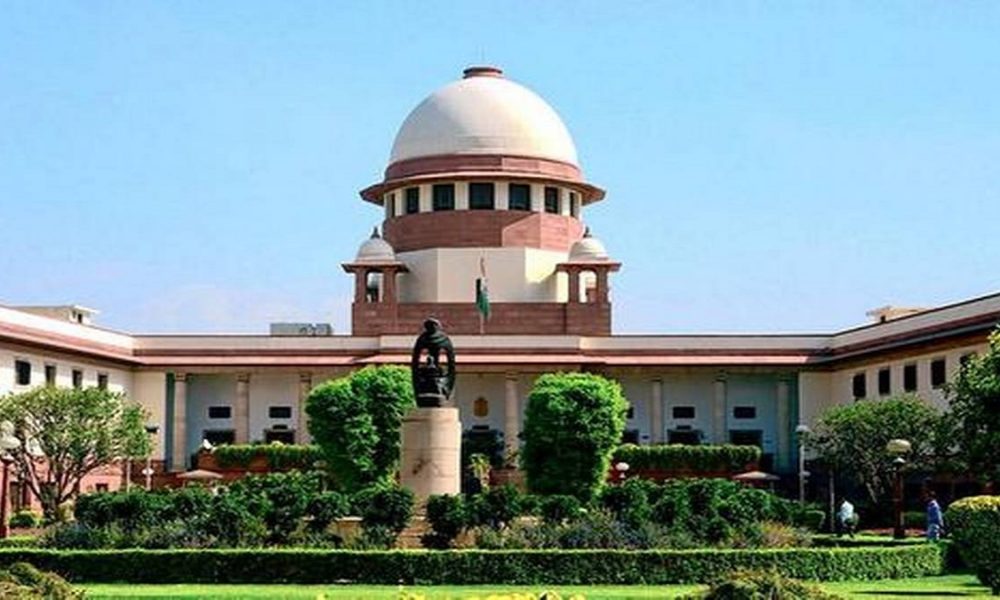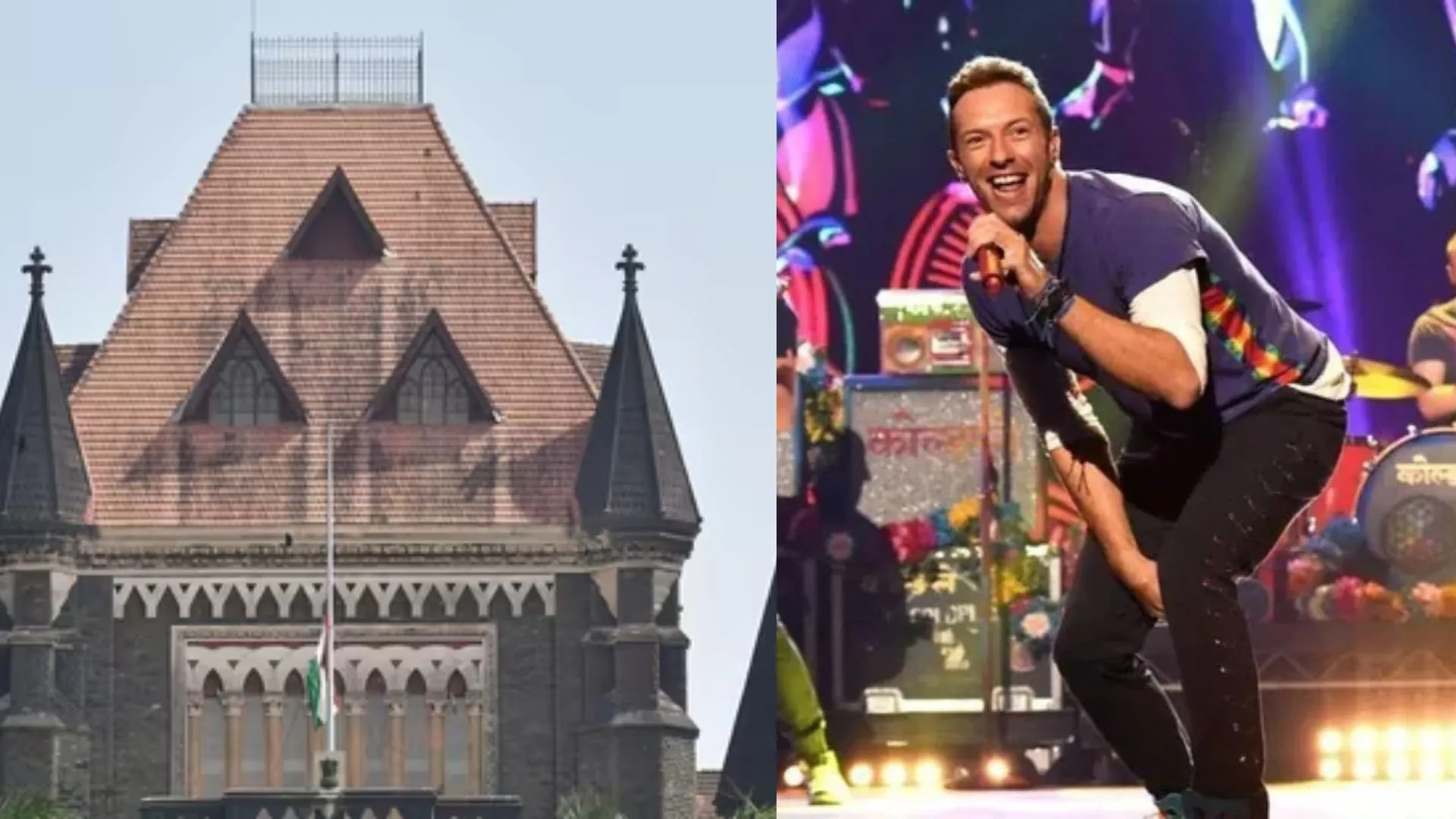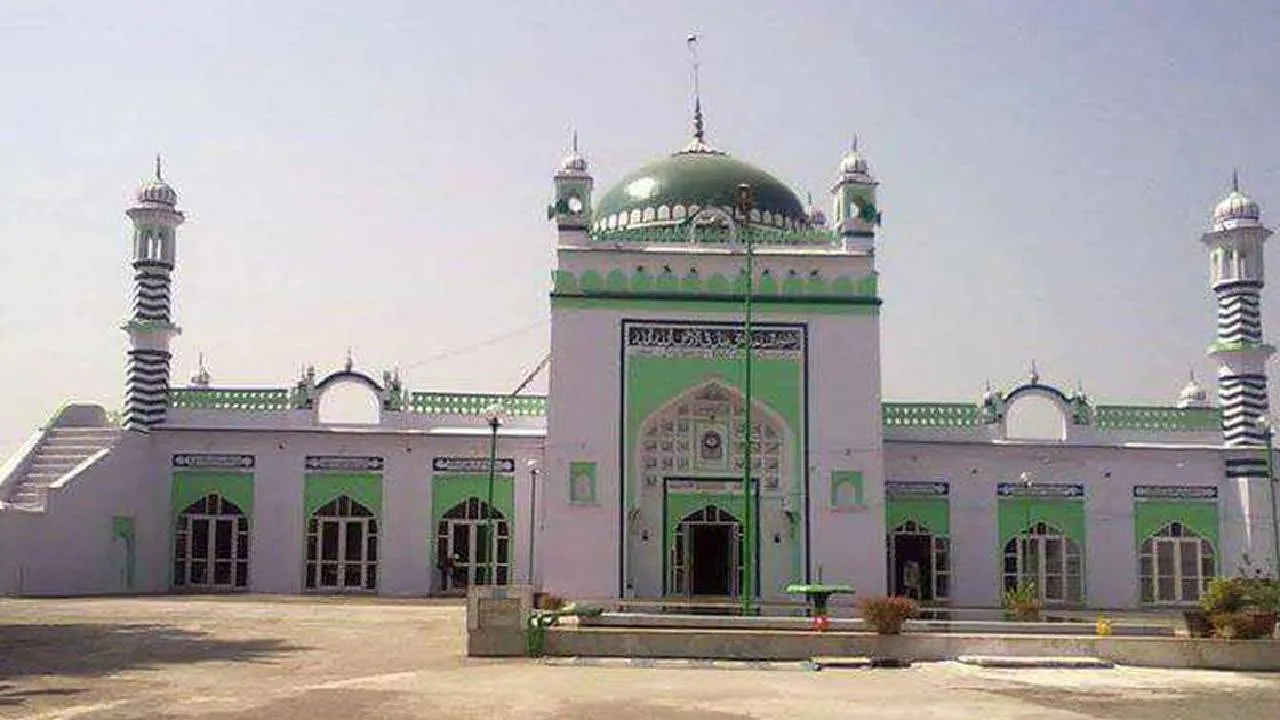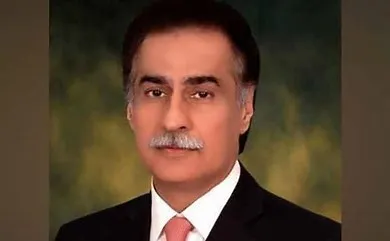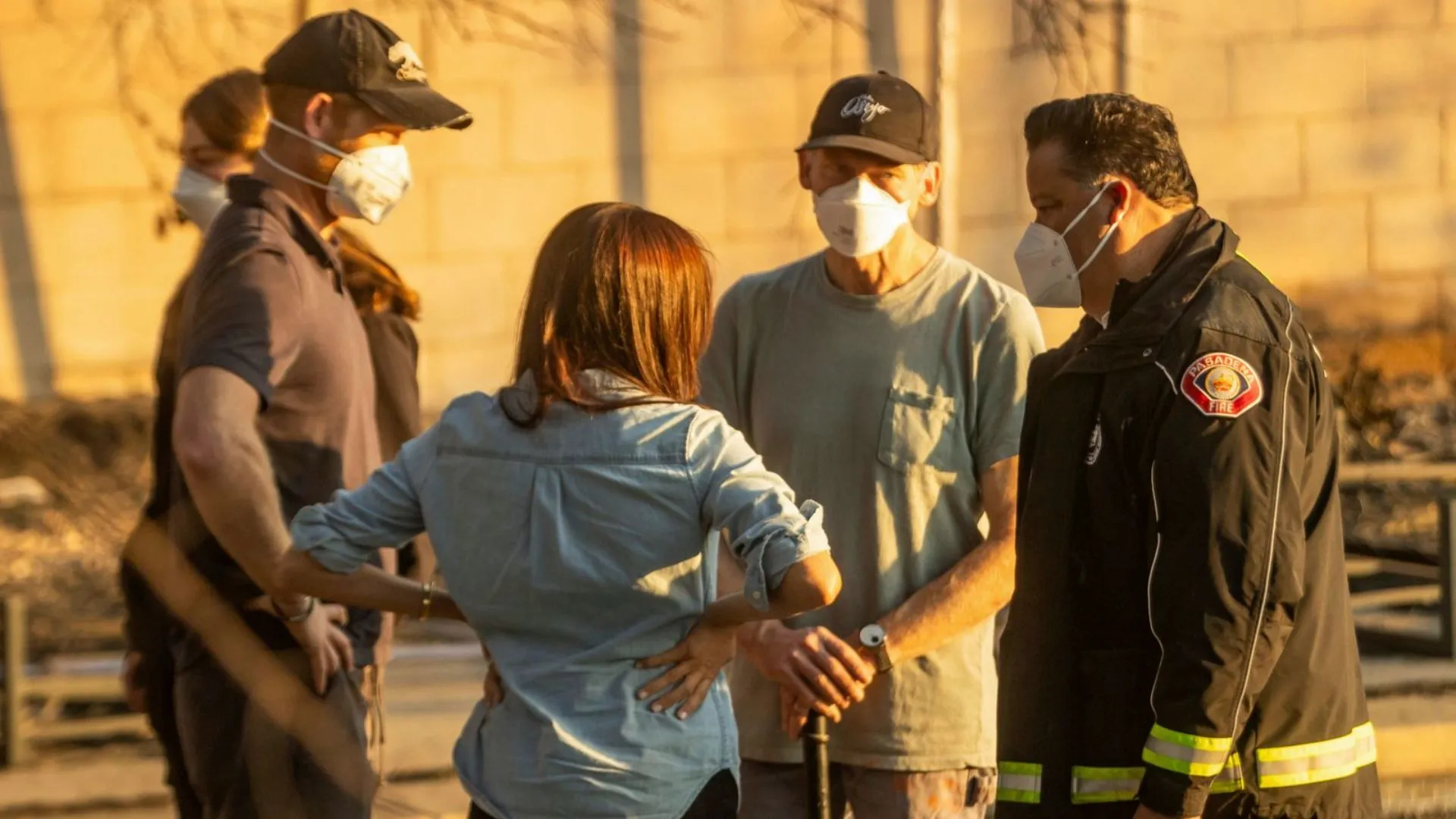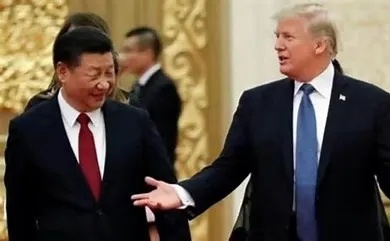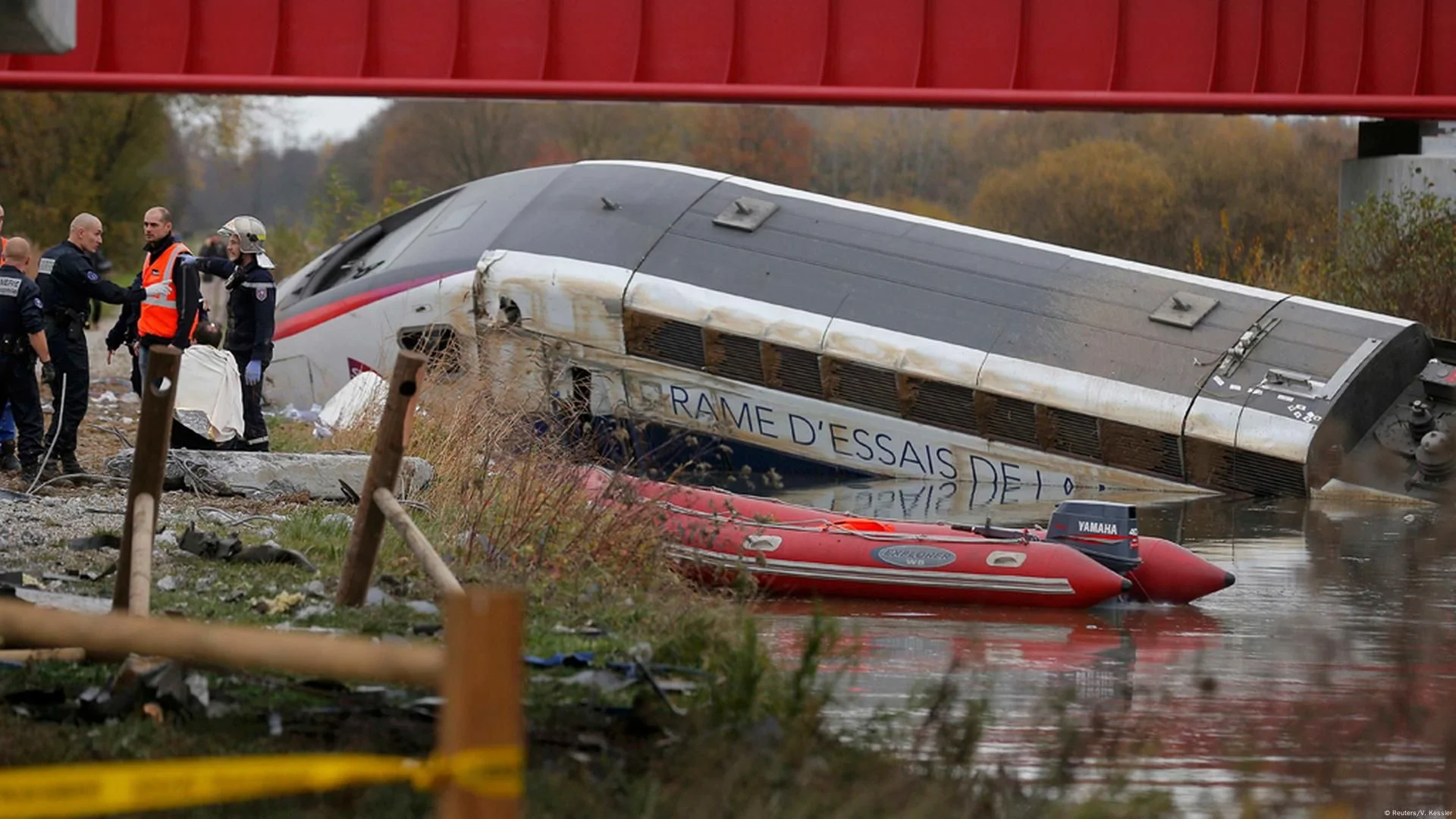In a magnanimous yet correct, credible and commendable observation, the Supreme Court has noted very rightly that minor contradictions cannot be a ground to discredit witnesses testimony. The Apex Court thus has reiterated on March 26, 2021 in a latest, learned, laudable and landmark judgment titled Rajendra @ Rajappa & Ors vs State of Karnataka in Criminal Appeal No. 1438 of 2011 in exercise of its criminal appellate jurisdiction that only contradictions in material particulars and not minor contradictions can be a ground to discredit the testimony of the witnesses. The Bench of Apex Court comprising of Justice Sanjay Kishan Kaul and Justice R Subhash Reddy observed thus while dismissing the appeal filed by murder accused against the judgment of Karnataka High Court which had reversed their acquittal by the Trial Court.
To start with, the Bench of Apex Court comprising of Justice R Subhash Reddy who authors this notable judgment for himself and Justice Sanjay Kishan Kaul first and foremost sets the ball rolling by putting forth in para 1 that, “This criminal appeal is filed by the accused nos. 2 to 5 in Sessions Case No. 162 of 2003 on the file of Fast Track Court IV, Gulbarga, aggrieved by the judgment and order of conviction and sentence dated 22.02.2011 in Criminal Appeal No. 1812 of 2005 passed by the High Court of Karnataka (Circuit Bench at Gulbarga).”
To say the least, the Bench then discloses in para 2 that, “Sessions Case No. 162 of 2003 is a case charge-sheeted by Shahbad Police Station in the State of Karnataka against the appellants-accused under Sections 143, 147, 148, 324, 326, 307, 302 read with 149 of Indian Penal Code (IPC). For the aforesaid offences, they were tried by the Fast Track Court IV at Gulbarga and by judgment dated 20.06.2005, the appellants/accused nos. 2 to 5 and accused no. 6 were acquitted for the charges framed against them. As the accused no. 1 died during the pendency of the proceedings, case was abated against him.”
As we observe, the Bench then unfolds in para 3 that, “Aggrieved by the acquittal of the appellants, the respondent-State has preferred Criminal Appeal No. 1812 of 2005 before the High Court of Karnataka. The High Court, by the impugned judgment and order dated 22.02.2011, has allowed the appeal partly and convicted the appellants/accused nos. 2 to 5 for various offences they were charged with, and confirmed the acquittal of the accused no. 6 (Smt. Shantabai). All the appellants were sentenced for various offences as under:
i) R.I. for a period of three months and to pay fine of Rs. 3,000/- each. In default, to undergo S.I. for a period of one month for the offence under Section 143 IPC.
(ii) R.I. for a period of one year and to pay fine of Rs. 4,000/- each. In default, to undergo S.I. for a period of three months for the offence under Section 148 r/w Sec. 149 of IPC.
(iii) R.I. for a period of one year and also to pay fine of Rs. 5,000/- each. In default, to undergo S.I. for a period of four months for the offence under Section 324 r/w Sec. 149 IPC.
(iv) R.I. for a period of two years and to pay fine of Rs. 6,000/- each. In default, to undergo S.I. for a period of five months for the offence under Section 326 r/w Sec. 149 of IPC.
(v) Life imprisonment and also to pay fine of Rs. 8,000/ each. In default, to undergo S.I. for a period of one year for the offence under Section 302 IPC r/w Sec. 149 of IPC.”
While elaborating on the facts of the case, it is then envisaged in para 4 that, “Stated in brief, the necessary facts and the case of the prosecution for the disposal of this appeal are as under:
• The complainant (PW1) Sheshamma, is the wife of the deceased. That on 02.02.2003 the complainant and her husband went to coolie work in the morning and when they were returning along with firewood bundle and PW2 was following them, at about 11:30 a.m. when the complainant and her husband came near the Government Hostel, all the accused A-1 to A-6 armed with axe, stick, pickaxe and stone, attacked the deceased and thereby inflicted fatal wounds on his person by assaulting him with weapons which they were carrying. It is further alleged that the complainant rescued her husband, went behind the hostel, the accused followed them and A-1 assaulted the deceased with axe on left cheek, A-2 assaulted with bedaga, A-3 assaulted with stick, A-4 assaulted with club, A-5 assaulted with axe. A-1 is the father of the complainant; A-2 and A-4 are uncles of the complainant; A-3 and A-5 are sons of A-1’s sister and A-6 is one of the sisters of A-1. It is alleged in the complaint that all the accused have attacked the deceased and started abusing him saying that, inspite of telling not to pass from the front of their houses and to show them their faces, they have come towards the side of the accused. Further, it is stated in the complaint that when she and her husband tried to escape and ran away from the backside of the hostel, all the accused followed them and attacked them. Further, it is stated that as her husband sustained grievous injuries he died on the spot and said incident was witnessed by her mother Sayamma and her sister Rathnamma, Mahesh and their villagers Haji, Hussain have also seen. In her complaint, she prayed to take action against the accused. The police, after investigation of the case and after completion thereof, filed charge-sheet against the accused under various sections, as stated already.
After committal of the case to the Fast Track Court-IV, Gulbarga as accused no. 1 was reported dead, case against him was abated. After hearing the accused, the charge was framed against the appellants under Sections 143, 147, 148, 324, 326, 302, 307 read with 149, IPC. The accused pleaded not guilty and claimed trial.
The prosecution, to prove its case examined 22 witnesses, i.e., PW-1 to PW-22 and got marked 15 documents as exhibits, i.e. P-1 to P-15 and material objects – MO-1 to MO-13 were marked. No witness was examined in defence, but 10 documents – Ex.D-1 to D-10 were marked.”
Needless to say, it would be pertinent to mention that it is then pointed out in para 5 that, “After appreciating the ocular and documentary evidence on record, the trial court has acquitted all the accused from the charges with the following observations:
• The deceased died due to brain hemorrhage on account of multiple head injuries suffered by him;
• As per the evidence, deceased died 6 to 8 hours earlier to the postmortem examination;
• PW-1 to PW-5 being close relatives of the deceased, they were inimical with each other before the incident, therefore, their evidence has to be considered with great care and caution;
• The name of PW-6, the only independent witness, is not mentioned in the complaint;
• It is not clear, at what time injuries were sustained or the incident took place;
• The nature of injuries and details of the same are not consistent;
• There are different versions in the oral and documentary evidence and they do not tally with each other;
• Key witnesses to the incident were not examined;
• The weapons used for the offence do not find a mention in the complaint itself;
• Discrepancies in the statement of PW-1 and as she has not disclosed about the earlier Sessions case which was going on against her husband, PW-2 and their father.”
What next follows is then stated plainly in para 6 that, “On appeal by the State, the High Court, while confirming the conviction of the accused no.6, has convicted accused nos.2 to 5 by the impugned judgment and order. The High Court, in the impugned judgment, has mainly held that PW-1 is a truthful witness and her testimony is quite consistent and supports the case of the prosecution. The High Court believed the oral evidence of PW-1 and PW-2 who are injured witnesses. High Court noted that PW-1 is no other than the daughter of accused no.1 and PW-3 – Smt. Sayamma – is none other than the wife of accused no.1 – Devendrappa. They have deposed in clear terms about the occurrence on the day of incident. Having regard to the consistent evidence of PWs-1 to 3 as to the occurrence of the incident. Having regard to the consistent evidence of PWs1 to 3 as to the occurrence of the incident, which is in the manner alleged in the complaint – Ex.P1, High Court found that the trial court has committed serious error in disbelieving their evidence, for the charges levelled against the accused.
Please read concluding on thedailyguardian.com
The High Court also considered the testimony of Medical Officer PW-14 and held that the occurrence of incident of assault on the deceased by the accused resulting in spot death of the deceased, is proved beyond reasonable doubt. Further, by observing that in view of such evidence, motive for the commission of murder of the deceased by accused assumes little importance. However, referring to the evidence of PWs1 to 3 it is held that even the motive is established as much as there was a dispute between the parties in respect of tapping of toddy trees, therefore, accused developed ill will against the deceased. By recording a finding that the evidence on record was not properly appreciated by the trial court, the High Court has found that the prosecution has proved the case against the accused nos. 2 to 5 and they are guilty of committing murder of the deceased and causing injuries to PWs1 and 2. It is further held that all the accused – A-2 to A-5 – have had shared common object of causing the death of the deceased, as such all are liable to be convicted for the offences alleged against them.”
Most significantly and briefly stated what forms the nutshell of para 11 is then herein stated thus: “If the depositions of PW-1 to PW-3 are considered along with the documentary evidence on record and medical evidence of PWs-10 and 14, it is crystal clear that their evidence is natural, trustworthy and acceptable. The trial court has disbelieved their testimony by referring to some minor contradictions. This Court, in the case of Narayan Chetanram Chaudhary & Anr. V. State of Maharashtra (2000) 8 SCC 457, has considered the minor contradictions in the testimony, while appreciating the evidence in criminal trial. It is held in the said judgment that only contradictions in material particulars and not minor contradictions can be a ground to discredit the testimony of the witnesses. Though the evidence of PWs1 to 3 is consistent, reliable and trustworthy, the trial court, only by referring to minor contradictions, disbelieved the whole of their testimony. Thus, we are of the view that the findings, as recorded by the trial court in support of the acquittal, are contrary to evidence on record and the testimony of PWs1, 2 and 3. Thus such findings, being perverse and erroneous, it is always open for the appellate court to reverse such findings on reappreciation of evidence on record. As regards the contradictory portion of the statement of PW-14 pointed out by learned counsel with reference to entries under Ex.P-6 wherein it was recorded that undigested food was found in the stomach, it is to be noticed that in Ex.P6 itself reveals that the intestine of the deceased was full of faecal matter, therefore, death must have occurred between 3 to 12 hours prior to the postmortem examination, which supports the prosecution case. In that view of the matter, the contradictory portion of the statement of PW-14 needs to be discarded and not significant to discard total evidence on record. In view of the foregoing, we are of the view that the judgments relied on by the learned counsel for the appellants would not render any assistance in support of her case that the High Court has committed error in reversing the acquittal recorded by the trial court. Having regard to evidence on record, as we are of the view that the view taken by the trial court was not at all a possible view and the findings run contrary to the evidence on record, the High Court has rightly reversed the judgment of the trial court by convicting the appellants (A-2 to A-5). Further we also do not find any merit in the contention of the appellants that in any case it is not a case for conviction under Section 302, IPC and same be modified to that of conviction under Section 304-II, IPC. From the evidence on record, it is clear that the assault was intentional which resulted in the death of the deceased and all accused – A-2 to A-5 – had a common object, as such the High Court has rightly convicted the accused for offence punishable under Section 302/149, IPC. Thus, we endorse the view of the High Court.”
Finally, it is then stated in the final para 12 that, “For the aforesaid reasons, we do not find any merit in this appeal, same is accordingly dismissed.”
In a nutshell, the Apex Court has yet once again reiterated most rightly that only contradictions in material particulars and not minor contradictions can be a ground to discredit the testimony of the witnesses. Most remarkably, it is thus rightly pointed in para 11 while citing the relevant para 42 of the Narayan Chetanram Chaudhary case (supra) wherein the Apex Court held that, “Only such omissions which amount to contradiction in material particulars can be used to discredit the testimony of the witness. The omission in the police statement by itself would not necessarily render the testimony of witness unreliable. When the version given by the witness in the court is different in material particulars from that disclosed in his earlier statements, the case of the prosecution becomes doubtful and not otherwise. Minor contradictions are bound to appear in the statements of truthful witnesses as memory sometimes plays false and the sense of observation differ from person to person. The omissions in the earlier statement if found to be of trivial details, as in the present case, the same would not cause any dent in the testimony of PW-2. Even if there is contradiction of statement of a witness on any material point, that is no ground to reject the whole of the testimony of such witness.” All the courts must act accordingly! Nothing more remains to be said as we have the entire picture on this right in front of us coming straight from the Apex Court itself!
Sanjeev Sirohi, Advocate,

